South Africa
White South Africans living in the quiet coastal town of Noordhoek have dismissed U.S. President Donald Trump’s claims of a so-called “white genocide” in their country, calling his remarks uninformed, exaggerated, and dangerous.
Trump made the controversial comments during a high-profile meeting with South African President Cyril Ramaphosa at the White House earlier this week. In an unexpected turn, Trump presented a video montage and a stack of printed news articles in an effort to support his long-standing accusation that white South African farmers are being systematically murdered and forced off their land. He went so far as to accuse the South African government of enacting racist policies and enabling land seizures.
Ramaphosa firmly rejected the allegations, describing them as a distortion of the facts and a misrepresentation of the country’s complex reality. He reiterated that crime in South Africa affects all races and that no government policy targets white citizens.
Residents of Noordhoek — a predominantly white town located in the Cape Peninsula — echoed Ramaphosa’s remarks in interviews with China Central Television (CCTV), expressing both disbelief and frustration over Trump’s statements.
"Trump is crazy. He is saying all this stuff about white South African farmers getting killed," said one resident. "Do you know what he did? He showed pictures of random white people that are not even from South Africa."
Another Noordhoek resident acknowledged the presence of crime in the country but denied it was racially motivated. "I think there are definitely certain areas within South Africa that are more dangerous, but overall, I really don't think we [white people] are the target at all."
Many in the community emphasized that crime affects all South Africans, regardless of race or background.
"There’s crime amongst all the people," said another local. "Of course, in poorer areas where there’s less money, there's more crime. But that’s true for both Black and white people."
The Noordhoek interviews present a stark contrast to the narrative promoted by Trump and some right-wing commentators in the United States, who have seized on reports of farm attacks to paint a picture of white persecution in South Africa. However, data from the South African government and independent analysts consistently show that farm attacks — while a serious issue — are part of broader patterns of violent crime that do not discriminate based on race.
For residents of Noordhoek, the image painted by Trump is not only inaccurate but potentially harmful to the country’s ongoing efforts toward social cohesion and reconciliation.
“The life here is great. Maybe not super safe, but in Noordhoek, it’s very safe,” said one resident. “We’ve got our issues, like every country, but this talk of genocide? That’s just not reality.”
As Trump’s remarks continue to stir international debate, many South Africans — both Black and white — are urging for a more nuanced and truthful conversation about the country’s challenges, free of political sensationalism.




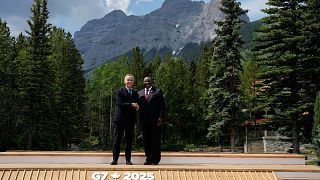
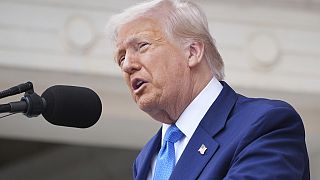
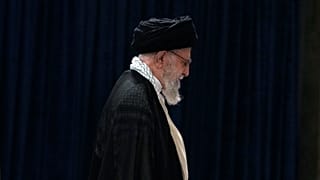

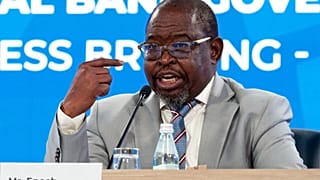
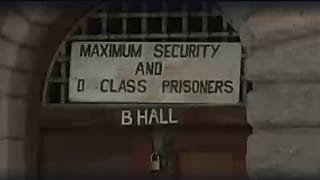
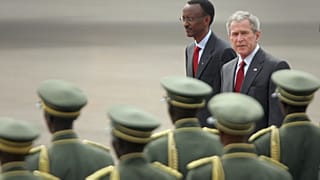
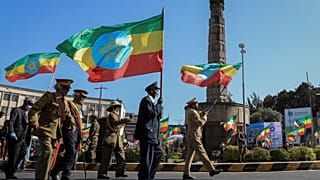
01:17
United States imposes sanctions on Rwanda military over fighting in DR Congo
00:57
Tensions escalate as ships attacked in the Strait of Hormuz
01:02
Iran fires back at Israel, U.S. bases after attacks
01:11
Cape Town's Muslim community breaks Ramadan fast
02:01
What's behind South Africa's plan to deploy army in high-crime areas?
01:03
South Africa starts mass vaccination program to halt foot-and-mouth outbreak